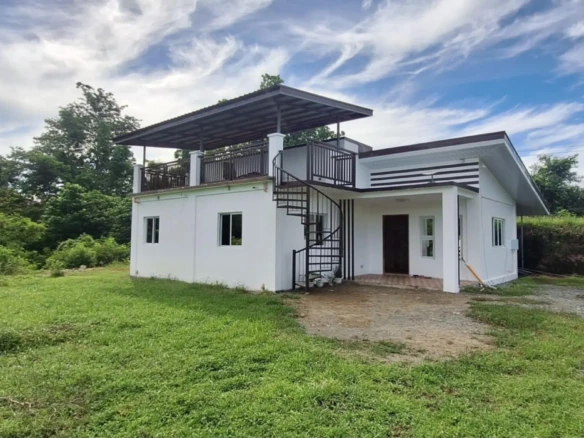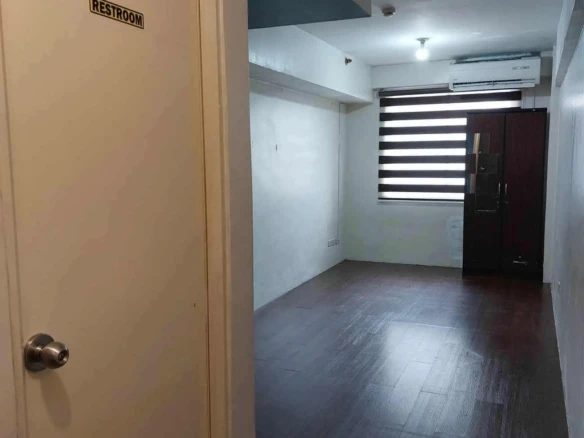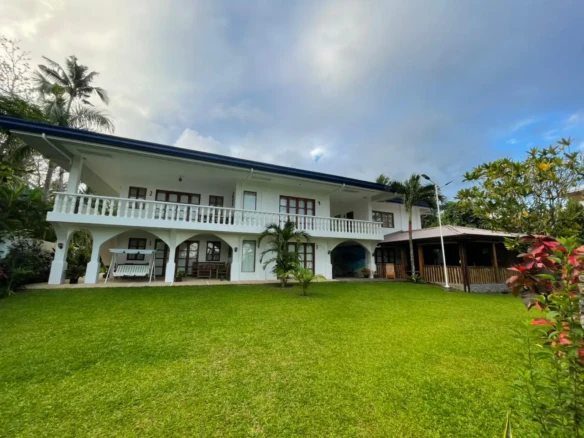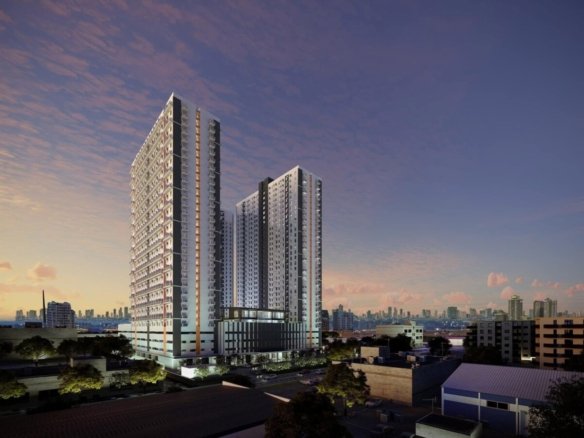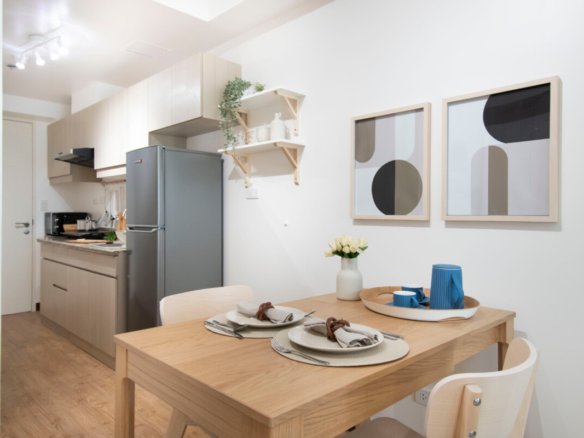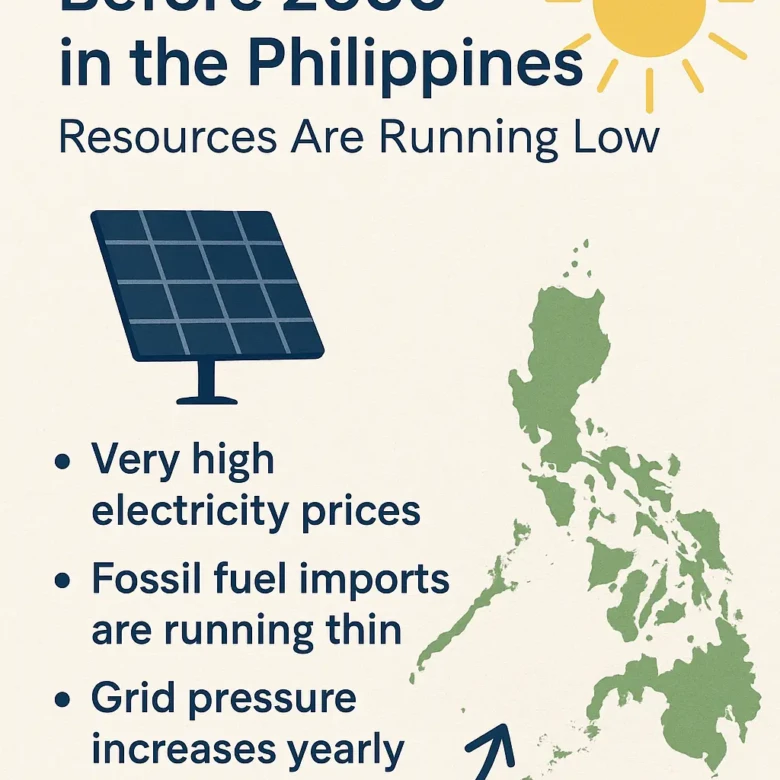Thinking of buying property in the Philippines? You’re not alone.
People from all over the world—OFWs, returning retirees, young families, and investors—are taking a serious look at real estate here. Why? It’s simple: the country offers beautiful locations, a warm climate, low cost of living, and a growing property market.
But if this is your first time buying, or even your second or third, there’s a lot you’ll want to know before making a move. So let’s walk through what really matters, in plain language—with stories and real advice from people who’ve been through it.
Why People Buy Property in the Philippines
Let’s get straight to the point: affordability and lifestyle are big reasons.
In provinces like Cebu, Davao, or even pockets of Luzon, you can find a well-built home with a spacious lot for a fraction of what it would cost in major cities like Sydney, Toronto, or San Francisco.
Take Jon, a Filipino-Australian who used to rent a one-bedroom flat in Western Sydney for $500/week. He bought a three-bedroom bungalow in Iloilo for the same amount he spent on rent in just one year. He now works online and spends mornings by the beach.
Who Can Buy Property in the Philippines?
Here’s the first thing to know: only Filipino citizens can legally own land. But don’t let that stop you if you’re not a citizen—there are options.
-
Foreigners can own condominium units, as long as foreign ownership in the building doesn’t exceed 40%.
-
They can also lease land for up to 50 years, renewable once.
-
Married to a Filipino? You can buy land, but it must be in your spouse’s name.
-
Corporations with at least 60% Filipino ownership can purchase land as well.
This might sound tricky, but a lot of foreigners manage it just fine. Just be clear about what you’re getting into. Always check the title, and always ask for proof of ownership.
Where Should You Look?
It depends on what matters most to you. Some buyers want quiet surroundings. Others prefer being near malls, hospitals, or international airports.
Here’s a quick look at popular areas:
-
Cebu City: Urban conveniences, beaches nearby, lots of development.
-
Tagaytay: Cooler climate, scenic views, and peaceful neighborhoods.
-
Davao: Affordable lots, wide roads, and low crime rate.
-
Metro Manila: High prices, but high rental income potential too.
-
Subic or Clark: Great for retirees—less traffic, clean air, and expat-friendly.
Jill and her husband, both from California, chose Dumaguete. They bought a 400 sqm lot just outside the city, built a home, and now run a bed-and-breakfast that brings in enough to support their new life.
Practical Advice Before You Buy
Here are things we wish someone told us earlier:
-
Double-check the title. Don’t rely on screenshots or Facebook posts. Ask for a Certified True Copy from the Registry of Deeds.
-
Visit the site. Don’t buy unseen. Pictures can lie. Go see it yourself—or have a trusted local do it.
-
Ask neighbors. They’ll tell you the truth about the area, and you’ll find out things the agent won’t say.
-
Do a background check. If buying from a developer, look at their history. Are their projects always delayed? Any complaints online?
-
Make sure there’s road access. You don’t want to build your dream house and then realize you have no driveway.
How Much Should You Budget?
Let’s break it down.
-
Lots in provincial areas can go from ₱1,000 to ₱3,000 per sqm.
-
Condos in Metro Manila range from ₱120,000 to ₱300,000 per sqm.
-
Legal fees and taxes will cost you around 6-8% of the property’s selling price.
-
Building a house? Basic builds start at around ₱25,000 per sqm.
Miguel, an OFW from Qatar, bought a 200 sqm lot in Batangas for ₱600,000. He then saved for two more years to build a 2-bedroom house for around ₱1.2 million. Now he has a vacation home—and a retirement plan.
Common Mistakes to Avoid
Even smart buyers can get burned. Here’s what we’ve seen:
-
Skipping legal advice. A few thousand pesos upfront can save millions later.
-
Buying land without checking zoning laws. Not all lots are buildable.
-
Ignoring flooding history. Some areas flood every rainy season. Locals will tell you if you ask.
-
Assuming verbal agreements are enough. Get everything in writing.
Should You Buy Now or Wait?
That depends on your goals. If you’re buying to live in it, start looking now—prices tend to rise, especially in areas with new infrastructure. If you’re just looking for investment, talk to locals and agents, and watch market trends.
No one can promise a guaranteed return, but land in growing towns and cities continues to move. More roads, more malls, more airports mean more buyers.
Final Thoughts: It’s Doable—Just Take it Step by Step
You don’t need to be a millionaire. You just need to be clear on your goals, be patient, and do your checks.
Whether you’re an OFW building for your family, a retiree looking for peace, or someone just wanting to own a little piece of the Philippines—there’s a place for you here.
Ask questions. Compare listings. Don’t rush.
And most importantly—buy something you can be proud of.
Keywords used (semantic SEO):
buy property in the Philippines, own land in the Philippines, Filipino property market, foreigners buying property, Philippine real estate, affordable homes Philippines, OFW investment, house and lot for sale, condo for sale in Manila, buy land in Cebu, real estate tips Philippines, Davao housing market, property investment Philippines, legal advice property Philippines, buy house in the province


